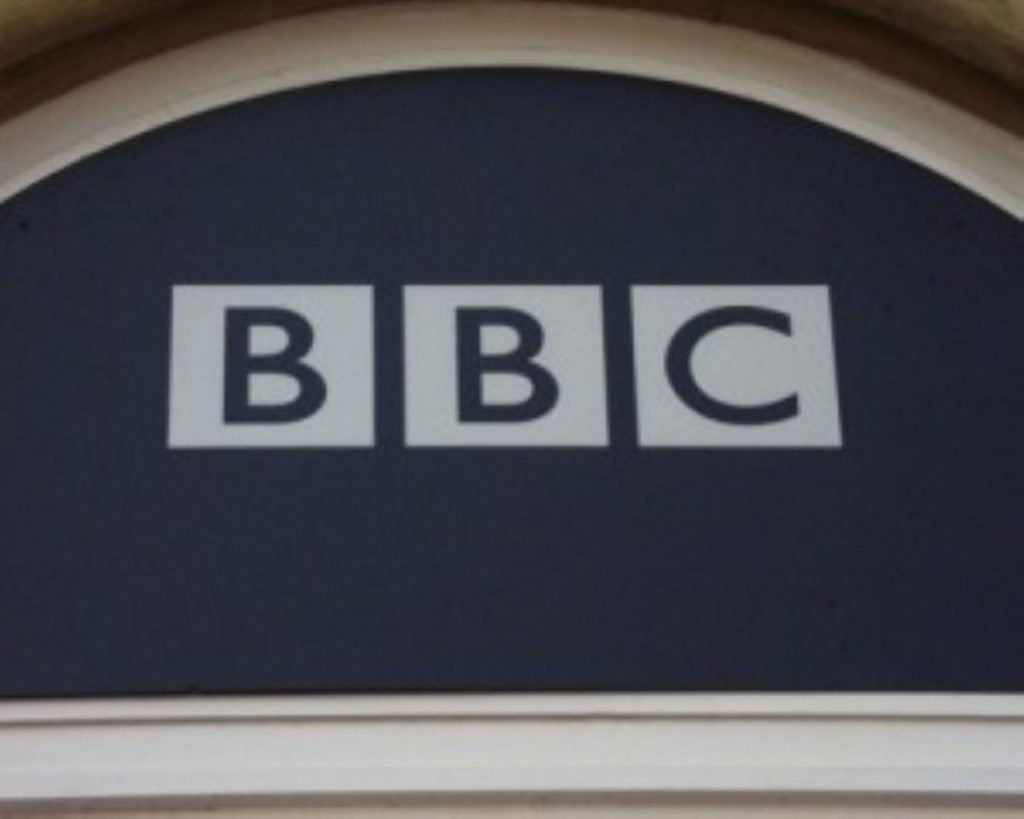ACAS called into BBC dispute
BBC bosses and union officials are to meet with conciliatory body Acas on Thursday in an effort to avoid further industrial action.
Thousands of BBC workers went on strike for 24 hours yesterday over plans to cut 4,000 jobs at the corporation, bringing almost all live radio and television news to a standstill.
The flagship Today and Newsnight programmes were just two of those taken off air when about 6,500 staff – 38 per cent of the duty workforce – took industrial action, according to BBC figures. The unions claimed 95 per cent of programmes were affected.
And with the prospect of a further 48-hour strike on May 31 and June 1 on the cards, government body Acas has invited the BBC and representatives of the NUJ, Bectu and Amicus unions to talks, which both sides have accepted.


“We welcome the invitation to talks at Acas. Clearly the BBC would not have agreed to go unless they were prepared to negotiate,” Bectu assistant general secretary Gerry Morrissey said.
“We’re expecting some kind of compromise from the BBC, but can’t predict at this stage whether it will be enough to settle the dispute.”
NUJ general secretary Jeremy Dear added on the BBC’s One O’clock News: “What we can do is talk to each other about exactly how we achieve value for money in the BBC, but at the moment they are saying ‘These are the cuts, take it or leave it, this is the only answer’ and we simply don’t accept that.”
Speaking at a seminar on the BBC’s response to the Government’s green paper earlier today, BBC director general Mark Thompson defended his decision to axe the so many jobs, saying the corporation must change to meet the vision set out by government ministers.
That was why it was trying to “squeeze every drop of value out of the licence fee” and free up £355 million for new programmes and adapting to the digital era, he said, despite the result being an “uncomfortable and challenging” period for BBC workers.
“But it will not be possible to deliver the BBC we’ve talked about this morning without quite radical change. And in the end our first duty is to securing a strong and independent BBC in the very different, digital environment of the future,” he added.












